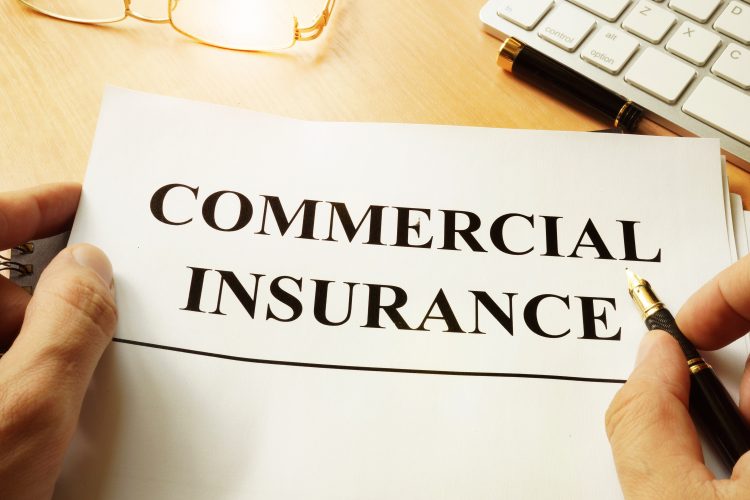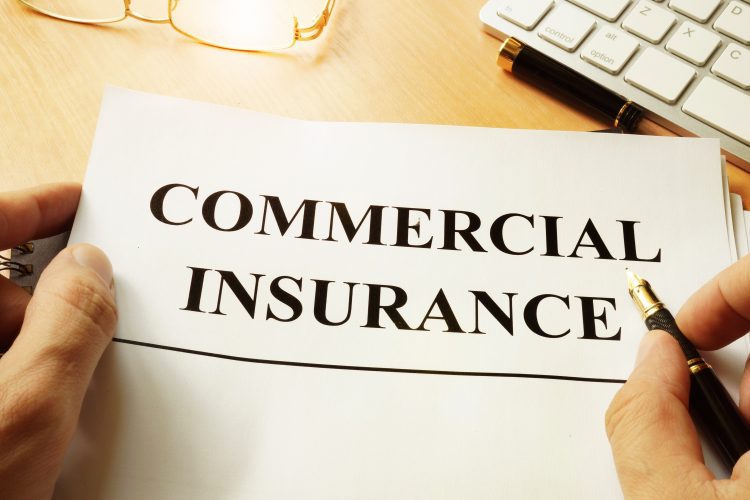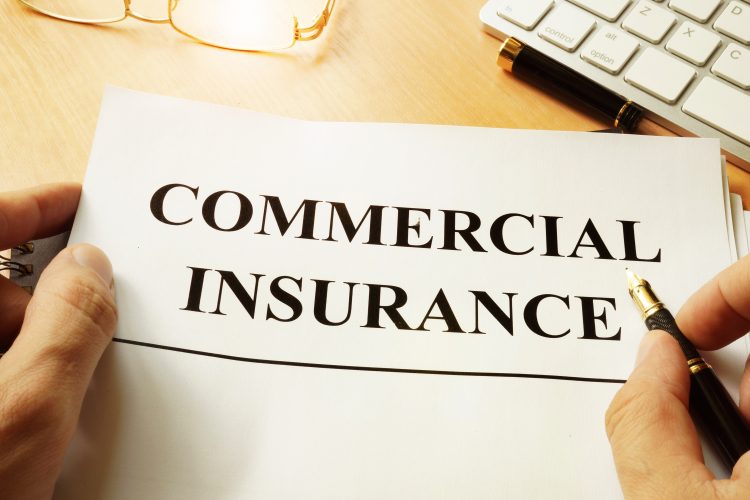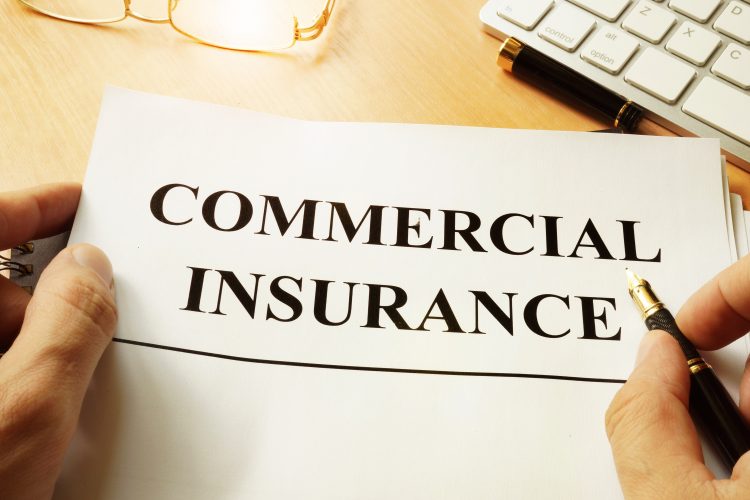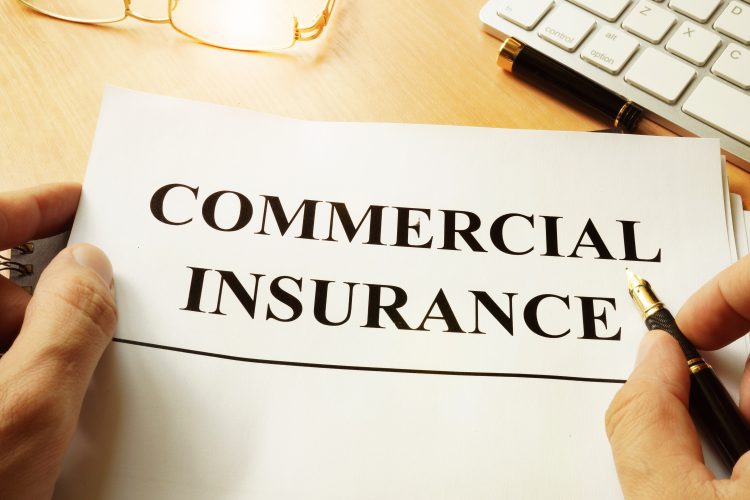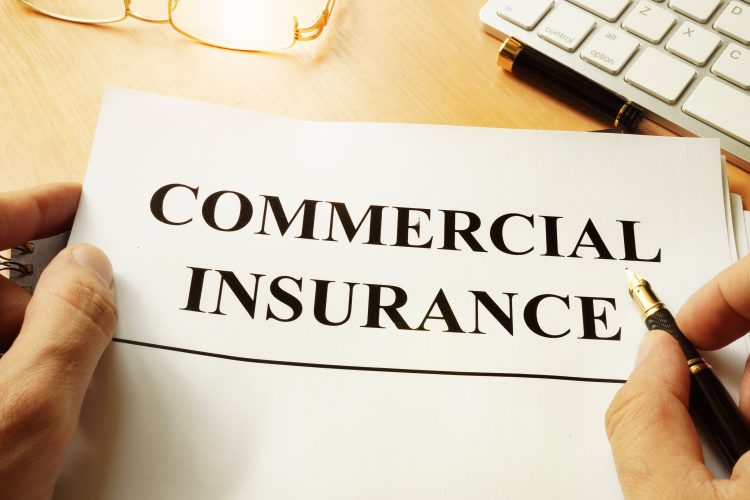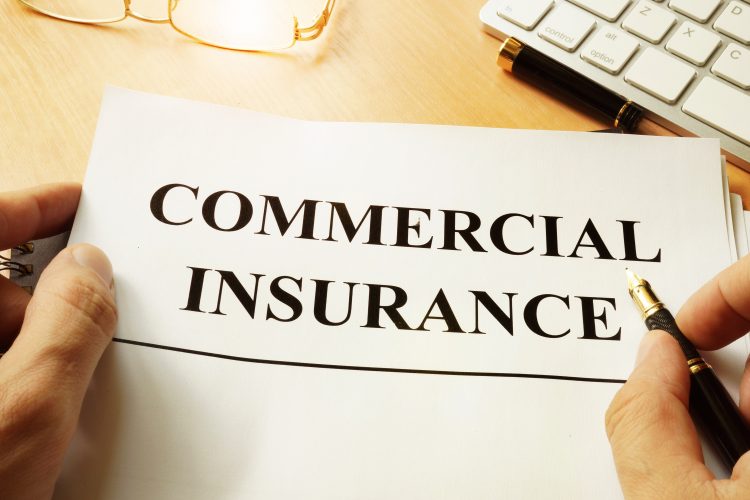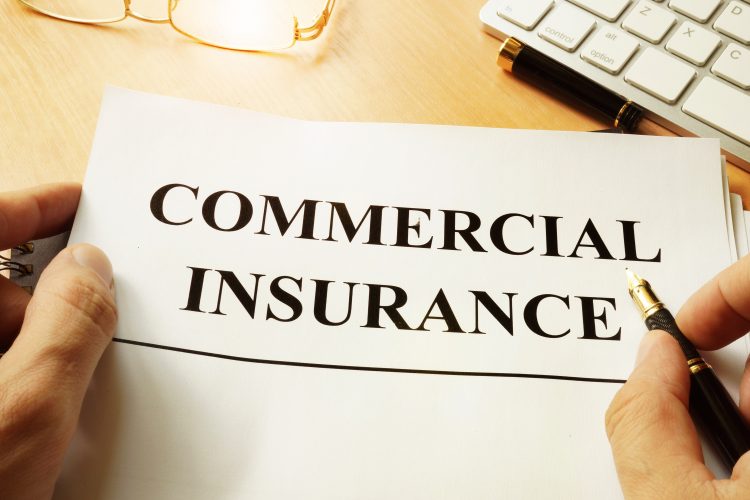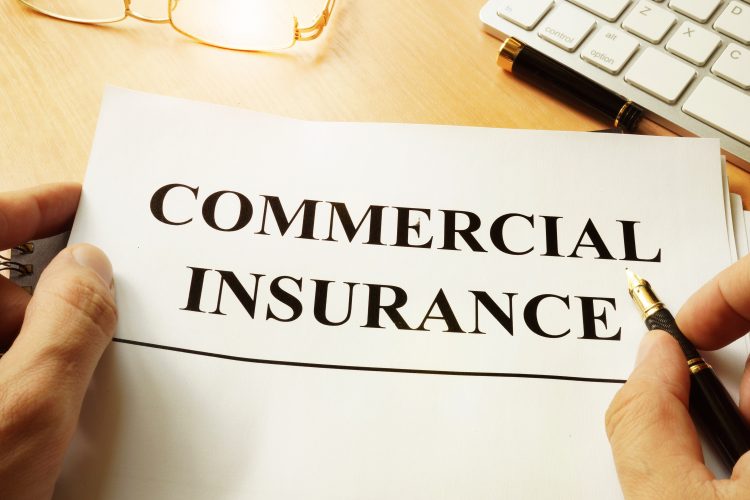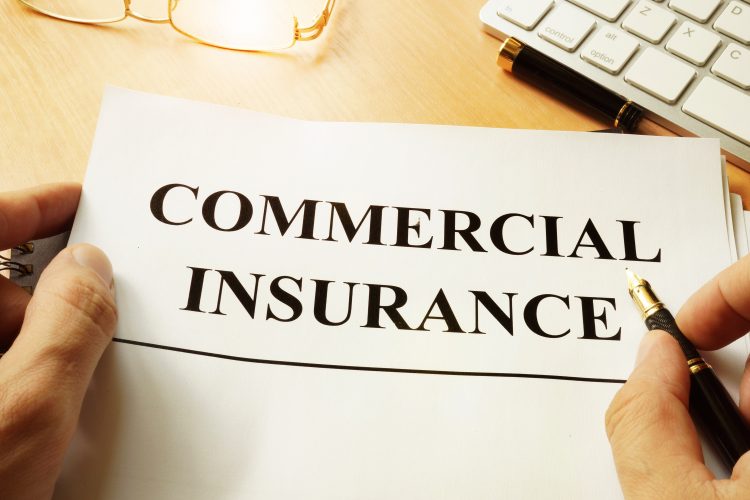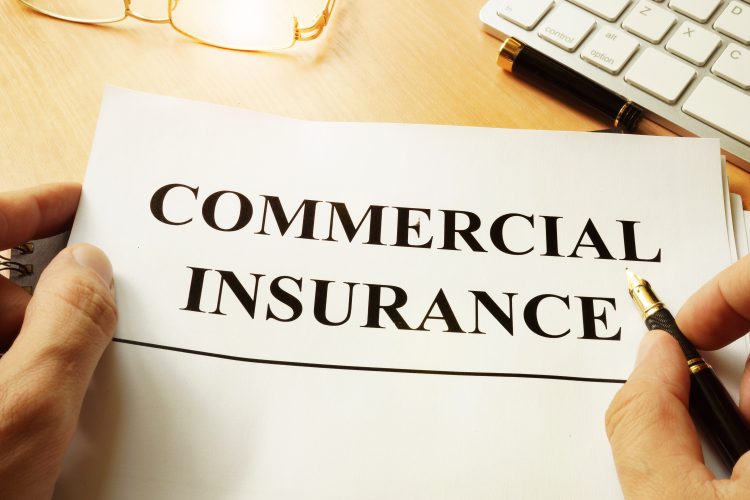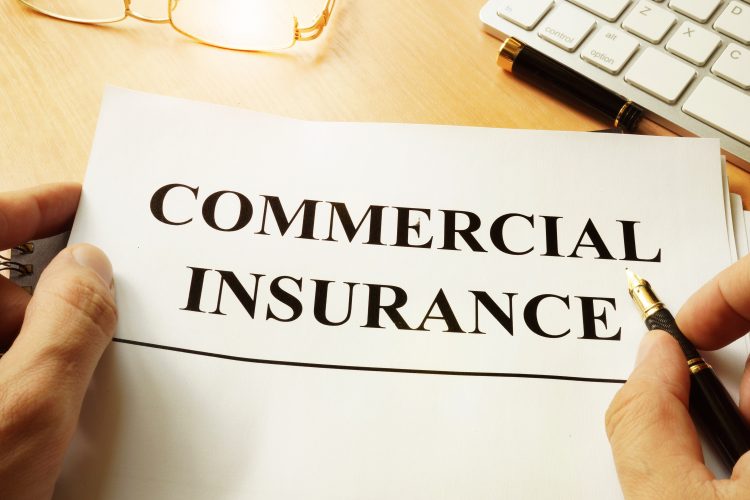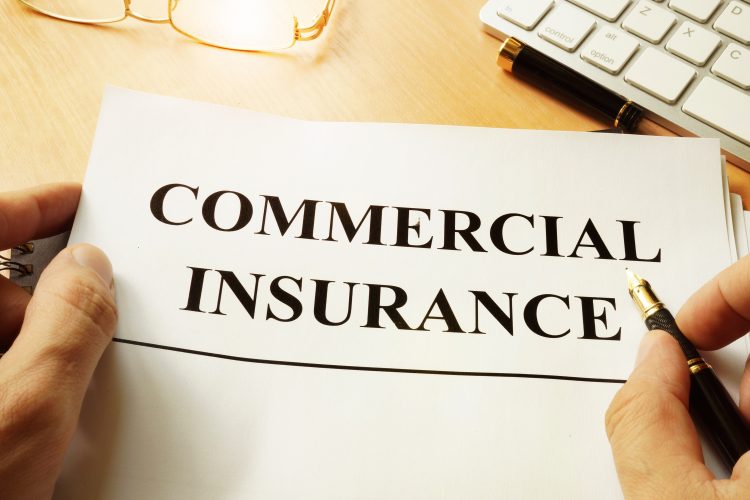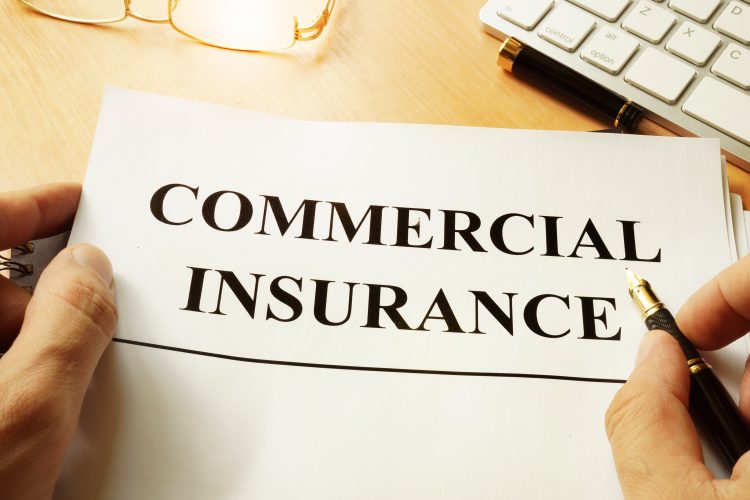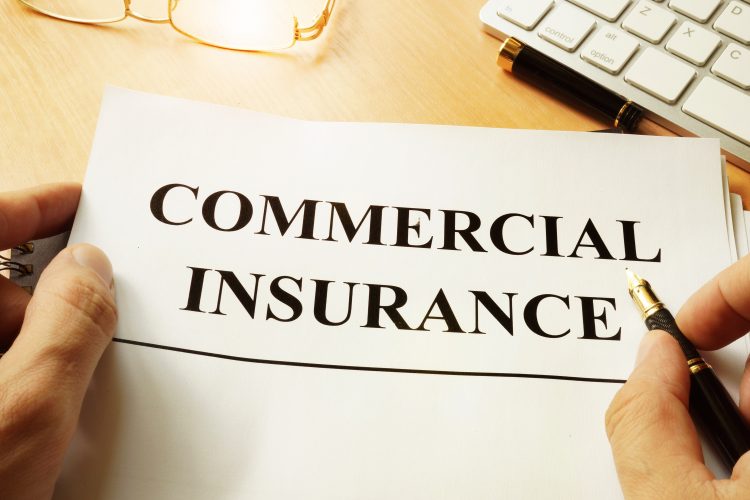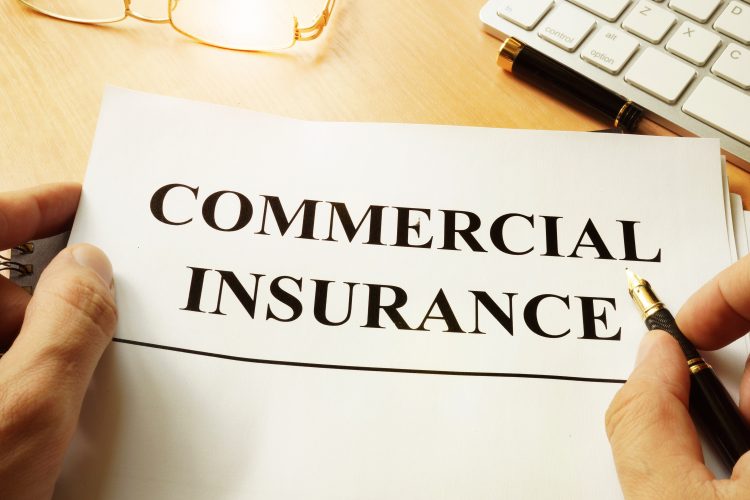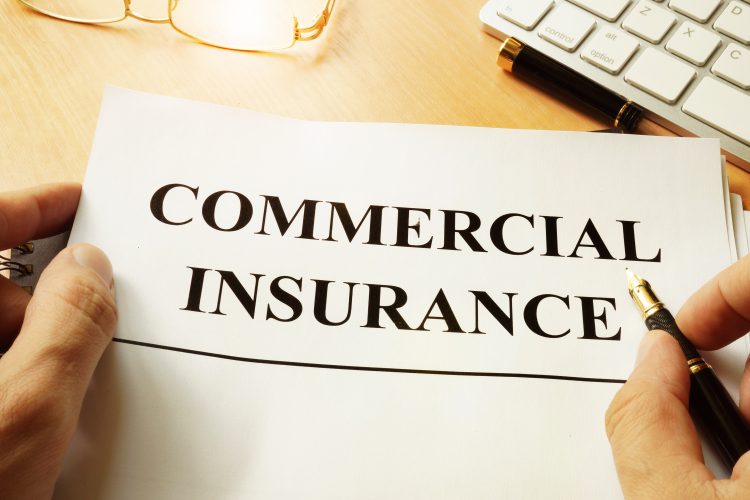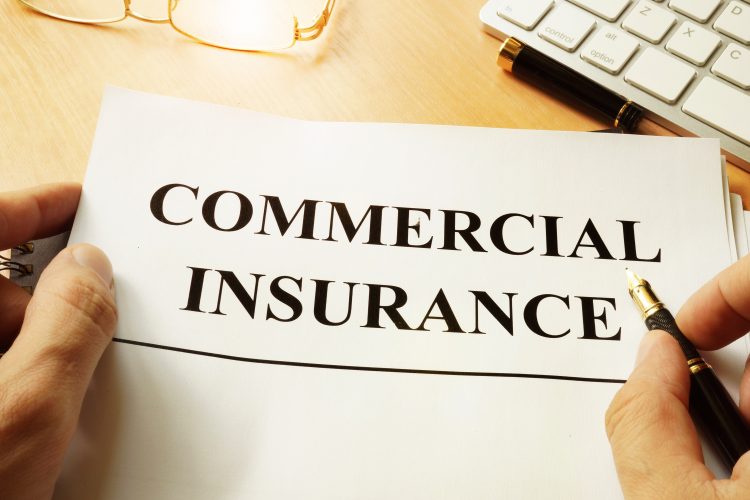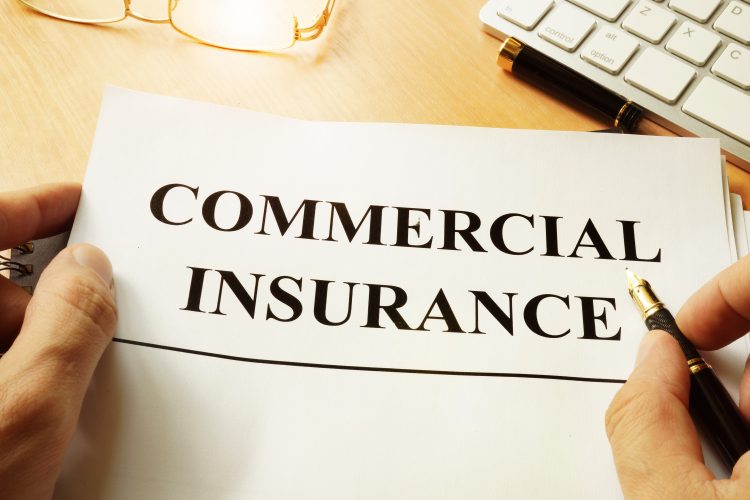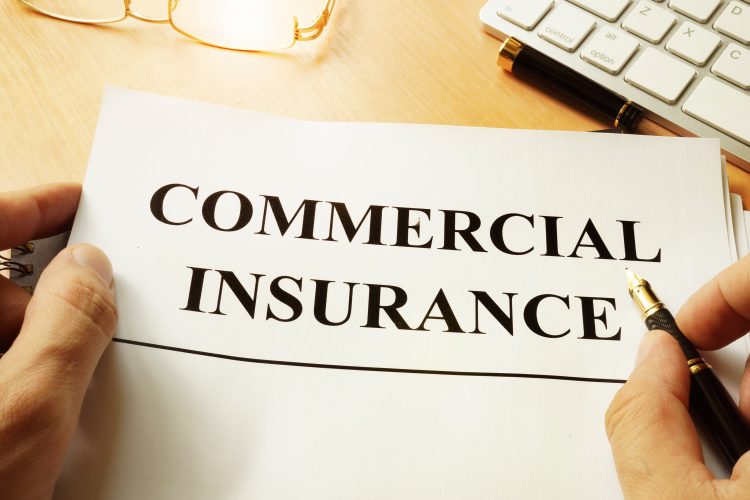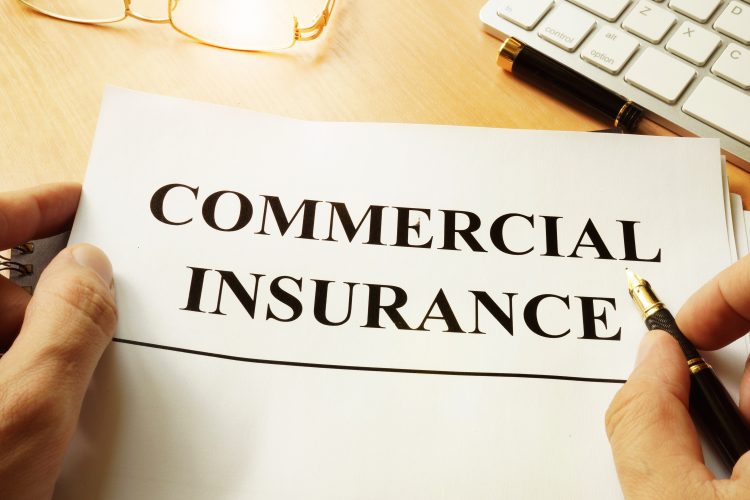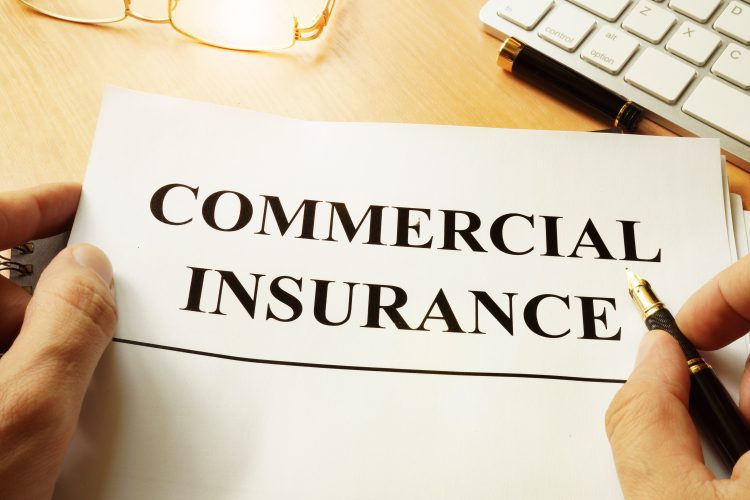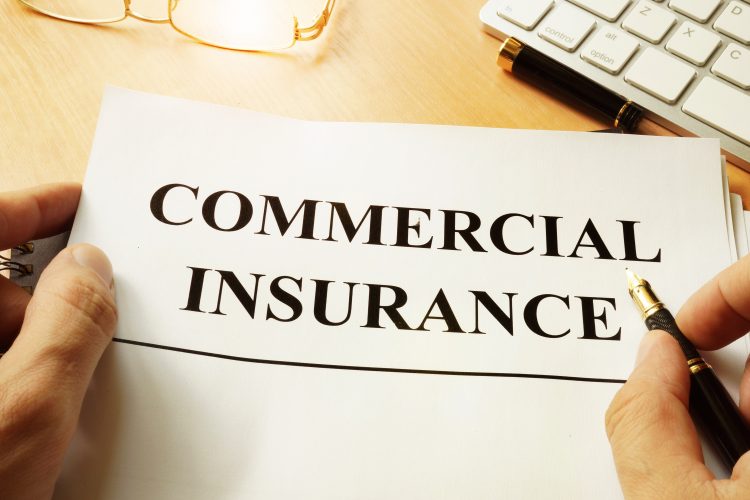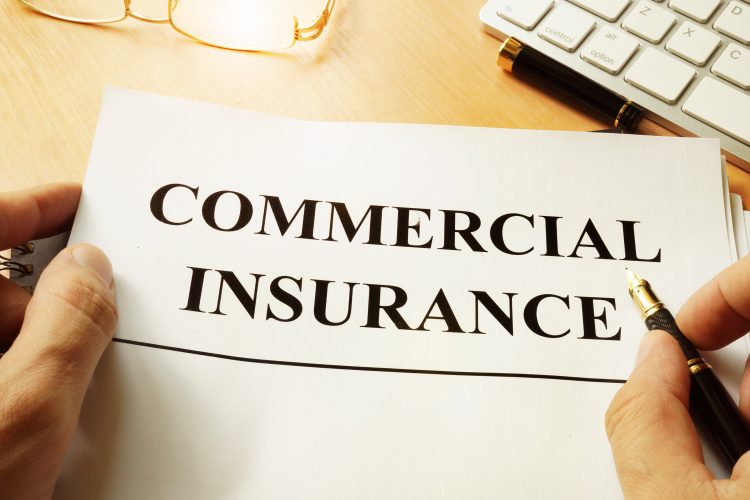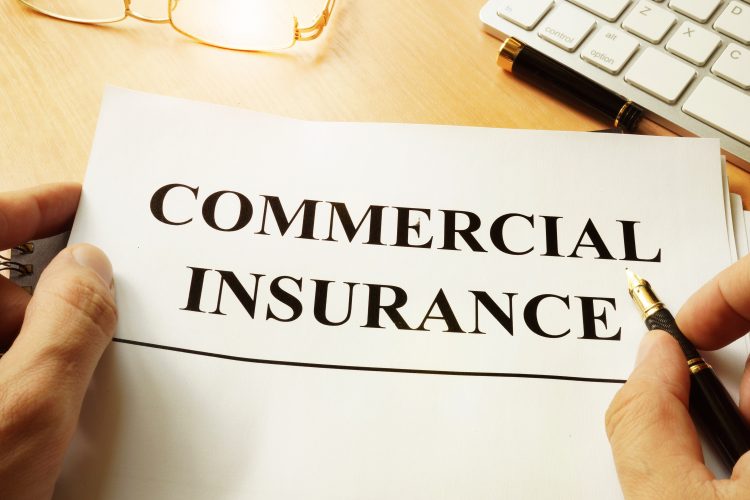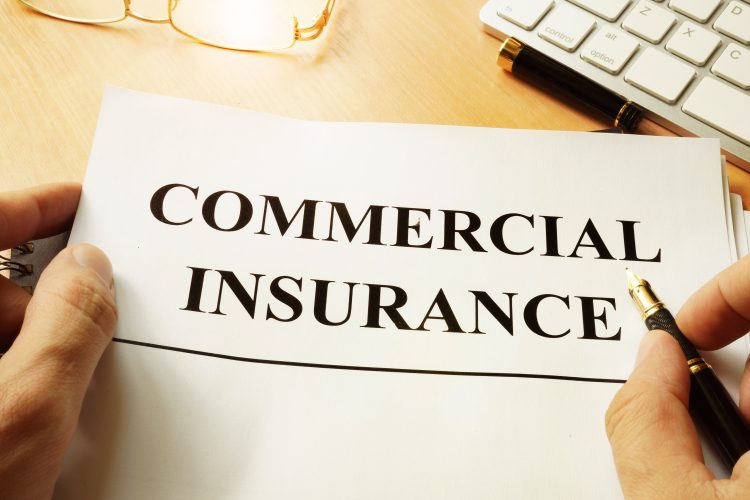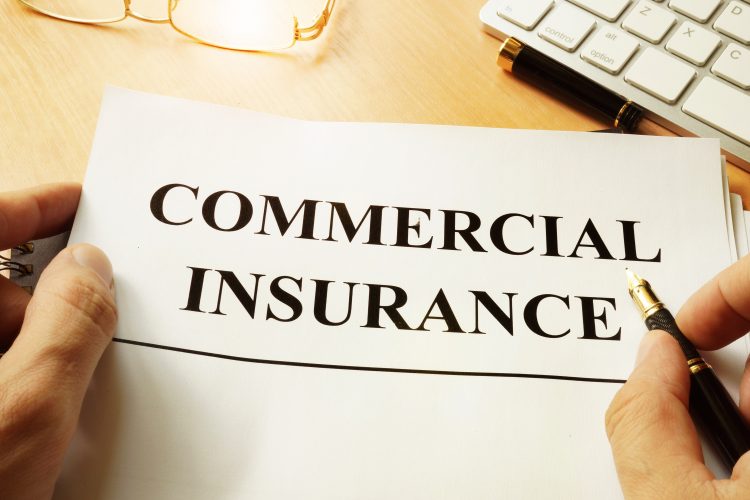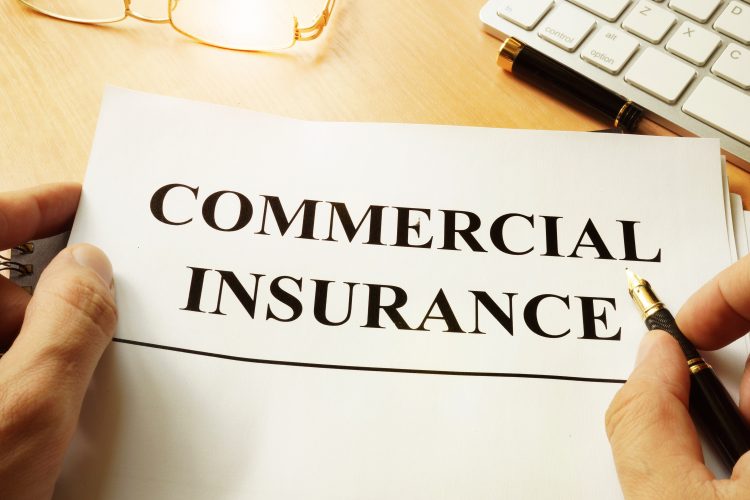Business Interruption Insurance: Protecting Your Revenue Stream
When disaster strikes and your business operations come to a halt, how do you protect the revenue that keeps your company afloat? Business Interruption Insurance provides the financial lifeline that can mean the difference between temporary closure and permanent shutdown.
What is Business Interruption Insurance?
Business Interruption Insurance, also known as Business Income Insurance, is a specialized coverage designed to replace lost income when your business operations are temporarily suspended due to covered perils. Unlike property insurance that covers physical damage to your premises and equipment, business interruption insurance focuses on the financial impact of being unable to operate normally.
This essential coverage helps bridge the gap between when disaster strikes and when your business can resume normal operations, ensuring that your revenue stream continues even when your doors are temporarily closed.
How Business Interruption Insurance Works
Business interruption coverage typically activates when a covered peril causes physical damage to your business premises, forcing you to suspend or reduce operations. The insurance then compensates you for:
- Lost Revenue: The income you would have earned during the interruption period
- Continuing Expenses: Fixed costs that continue even when operations cease, such as rent, loan payments, and employee salaries
- Extra Expenses: Additional costs incurred to minimize the interruption period or maintain operations elsewhere
- Temporary Relocation Costs: Expenses for operating from an alternative location
The coverage period typically begins 72 hours after the triggering event and continues until operations return to normal or reach the policy's time limit, whichever comes first.
Common Triggers for Business Interruption Claims
Understanding what events can trigger business interruption coverage helps you appreciate its value:
Fire and Smoke Damage
Fire remains one of the most common causes of business interruption. Even minor fires can result in significant smoke damage, water damage from firefighting efforts, and extended closure periods for cleanup and restoration.
Water Damage
Burst pipes, flooding, or roof leaks can force businesses to close while repairs are completed and damaged inventory is replaced. The cleanup process alone can take weeks or months.
Storm and Weather Events
Severe weather can damage roofs, windows, and electrical systems, making premises unsafe for operations. Even without direct damage, power outages can halt business activities.
Vandalism and Theft
Criminal activities can result in property damage that requires extensive repairs, forcing temporary closure and lost revenue.
Equipment Breakdown
Critical equipment failures, particularly in manufacturing or technology-dependent businesses, can halt operations until repairs or replacements are completed.
Calculating Your Business Interruption Coverage Needs
Determining the right amount of business interruption coverage requires careful analysis of your financial situation:
Revenue Analysis
Review your gross earnings from the past 12 months to establish your average monthly income. Consider seasonal variations and growth trends when projecting future earnings.
Fixed Expenses Assessment
Identify expenses that continue regardless of whether you're operating:
- Rent or mortgage payments
- Insurance premiums
- Loan payments
- Key employee salaries
- Utilities (basic service charges)
- Professional services (accounting, legal)
Recovery Time Estimation
Consider how long it might take to restore operations after different types of incidents. Factor in time for:
- Damage assessment
- Insurance claim processing
- Contractor availability
- Equipment replacement lead times
- Inventory restocking
- Customer notification and retention
Types of Business Interruption Coverage
Gross Earnings Coverage
This comprehensive approach covers the total revenue you would have earned, minus expenses that cease when operations stop (such as cost of goods sold).
Extra Expense Coverage
Covers additional costs incurred to minimize the interruption period, such as:
- Temporary facility rental
- Equipment rental
- Overtime labor costs
- Expedited shipping charges
- Additional advertising to notify customers of temporary changes
Extended Business Interruption
Provides coverage for the period after physical restoration is complete but before business returns to normal levels, accounting for the time needed to rebuild customer relationships and market position.
Contingent Business Interruption
Protects against losses when your suppliers, customers, or other key business partners experience interruptions that affect your operations.
Industry-Specific Considerations
Retail Businesses
Retail operations face unique challenges during interruptions, including seasonal inventory considerations, customer migration to competitors, and the critical importance of location-based foot traffic.
Manufacturing Companies
Manufacturers must consider complex supply chains, specialized equipment replacement times, and the potential loss of major contracts due to inability to fulfill orders.
Professional Services
Service-based businesses may be able to operate from alternative locations more easily, but face challenges in maintaining client relationships and accessing critical files and systems.
Hospitality Industry
Hotels, restaurants, and entertainment venues face immediate revenue loss and may struggle to regain customer confidence and bookings after reopening.
Common Exclusions and Limitations
Understanding what business interruption insurance doesn't cover is crucial for comprehensive risk management:
Pandemic and Communicable Disease
Most standard policies exclude losses from pandemics or communicable diseases, though specialized coverage may be available.
Utility Outages
Power outages or utility failures that don't result from physical damage to your property are typically excluded unless specifically covered.
Economic Downturns
General economic conditions, market changes, or loss of key customers unrelated to physical damage aren't covered.
Cyber Incidents
Technology failures, cyber attacks, or data breaches typically require separate cyber insurance coverage.
Waiting Periods
Most policies include a waiting period (typically 72 hours) before coverage begins, meaning short-term interruptions may not be covered.
Maximizing Your Business Interruption Claim
Detailed Record Keeping
Maintain comprehensive financial records that can support your claim:
- Monthly profit and loss statements
- Tax returns for the past three years
- Bank statements and cash flow records
- Customer contracts and order backlogs
- Employee payroll records
Immediate Documentation
When an incident occurs:
- Document all damage with photographs and video
- Keep detailed records of all expenses incurred
- Maintain communication logs with customers, suppliers, and employees
- Track lost sales opportunities and cancelled orders
Professional Assistance
Consider working with:
- Public adjusters who specialize in business interruption claims
- Forensic accountants who can calculate lost income
- Business continuity consultants who can help minimize interruption periods
Business Continuity Planning
While insurance provides financial protection, having a business continuity plan can minimize interruption periods and reduce claim amounts:
Alternative Operating Locations
Identify potential temporary facilities and establish relationships with providers who can accommodate your needs quickly.
Data Backup and Recovery
Implement robust data backup systems and test recovery procedures regularly to ensure critical information remains accessible.
Supplier Relationships
Maintain relationships with multiple suppliers and understand their capacity to support you during emergencies.
Communication Plans
Develop procedures for communicating with employees, customers, and stakeholders during interruptions.
Cost Considerations and Premium Factors
Several factors influence business interruption insurance premiums:
Business Type and Industry
Industries with higher risk profiles or longer recovery times typically face higher premiums.
Coverage Limits and Deductibles
Higher coverage limits increase premiums, while higher deductibles can reduce costs.
Location and Risk Factors
Businesses in areas prone to natural disasters or with higher crime rates may face increased premiums.
Business Size and Complexity
Larger businesses with more complex operations typically require higher coverage limits and face higher premiums.
Integration with Other Insurance Coverages
Business interruption insurance works best as part of a comprehensive commercial insurance program:
Property Insurance
Business interruption coverage typically requires physical damage covered by property insurance to trigger benefits.
Cyber Insurance
Cyber policies may include business interruption coverage for technology-related incidents not covered by traditional policies.
General Liability
Liability claims that result in court-ordered business closures may require separate coverage considerations.
Emerging Risks and Coverage Evolution
The business interruption insurance landscape continues to evolve to address new risks:
Supply Chain Disruptions
Global supply chain vulnerabilities have highlighted the need for enhanced contingent business interruption coverage.
Technology Dependencies
Increasing reliance on technology systems requires careful consideration of cyber-related business interruption risks.
Climate Change Impacts
More frequent and severe weather events are driving changes in coverage terms and risk assessment approaches.
Working with Insurance Professionals
Given the complexity of business interruption insurance, working with experienced professionals is essential:
Insurance Brokers
Qualified brokers can help assess your specific risks and identify appropriate coverage options across multiple insurers.
Risk Management Consultants
These professionals can help identify vulnerabilities and develop strategies to minimize interruption risks.
Claims Specialists
When claims occur, specialists can help ensure you receive fair compensation and navigate the claims process effectively.


 0330 127 2333
0330 127 2333
